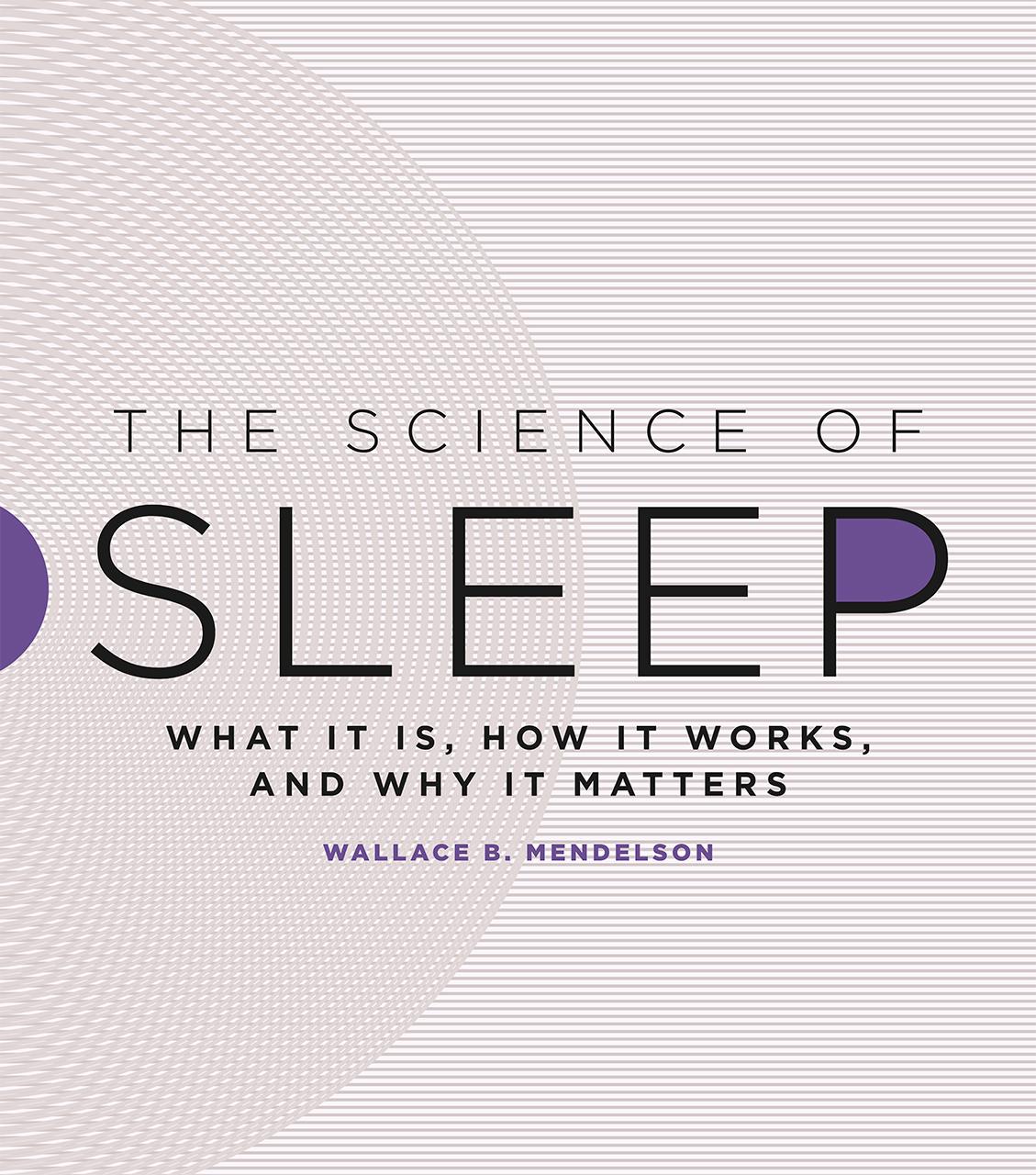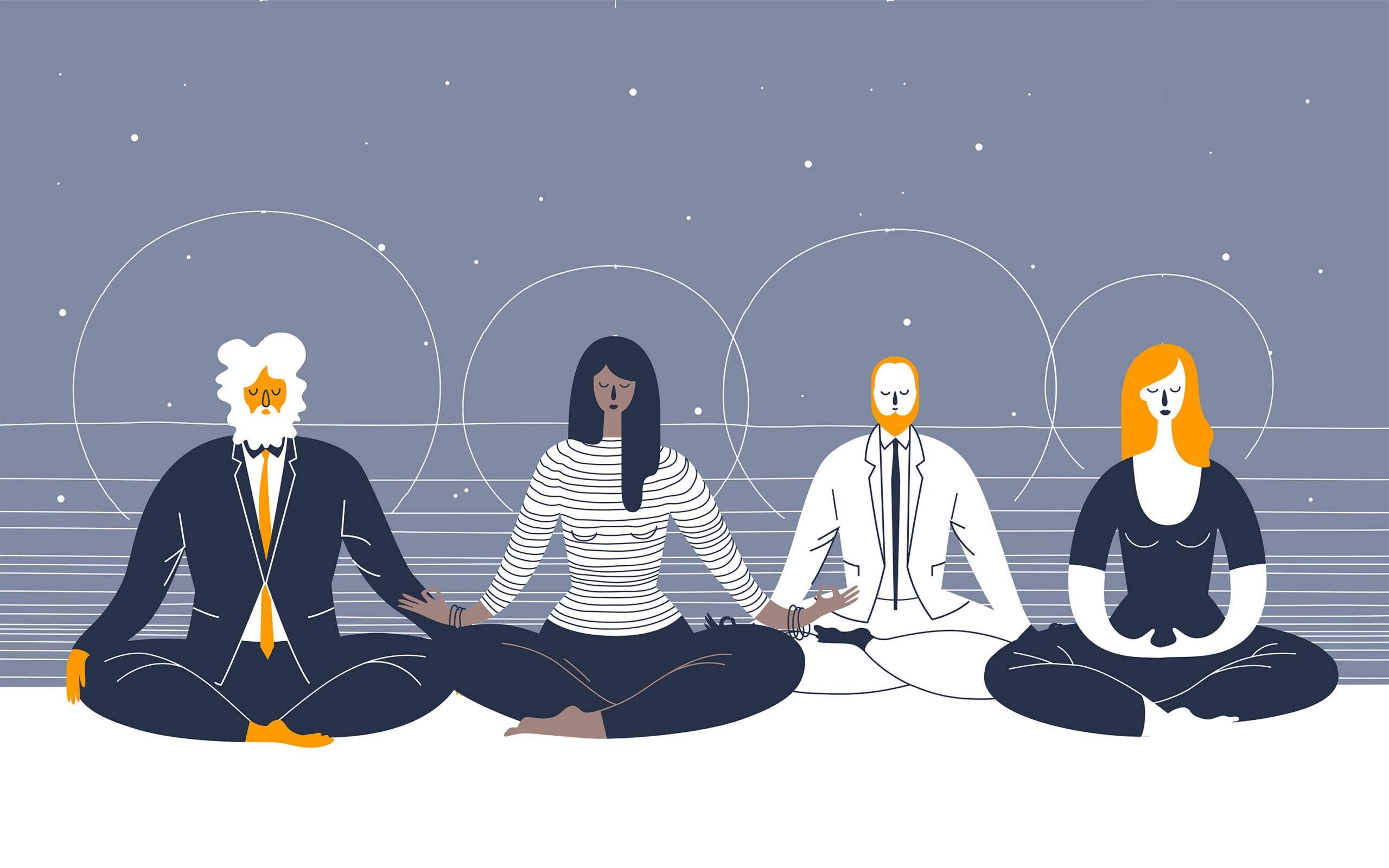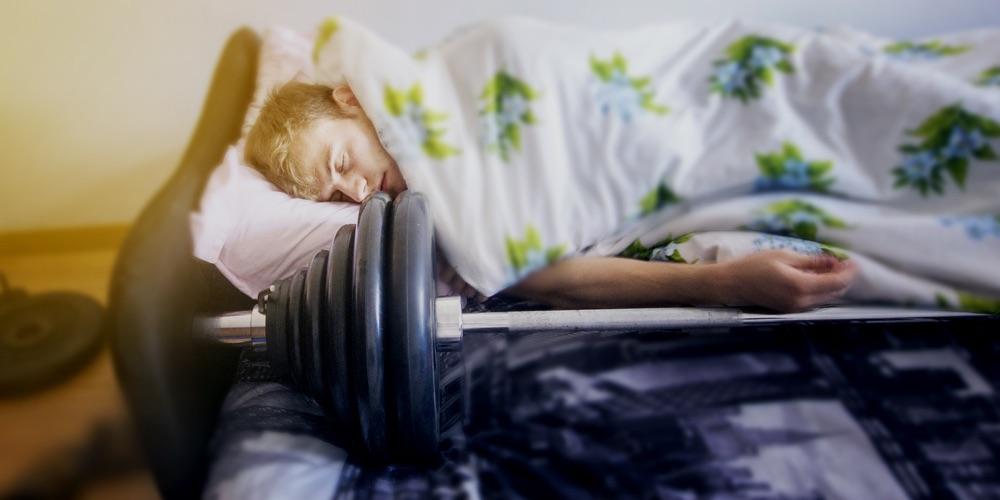In our fast-paced world,where the hustle often takes precedence over health,the art of rest and recovery is frequently overlooked. Yet, as science continues to illuminate the profound connections between sleep, relaxation, and overall well-being, it becomes increasingly clear that these elements are not merely luxuries, but vital components of a healthy lifestyle. ”Rest and Recharge: Elevating Your Health Through Sleep and Recovery” invites you on a journey into the transformative power of quality downtime. As we explore the intricate relationship between sleep and health, along with practical strategies for rejuvenation, we’ll uncover how embracing rest can enhance not only our physical vitality but also our mental clarity and emotional resilience. Join us as we delve into the essential practices that allow us to pause, replenish, and ultimately thrive in the complexity of modern life.
The science of Sleep: Unraveling the Mysteries of Restorative Slumber
As night descends and the world slows down, an intricate ballet unfolds within our bodies. During sleep, the brain enters a state of profound activity, shifting through cycles that are essential for both mental and physical recuperation. In the realm of non-rapid eye movement (NREM) sleep, the body undergoes a plethora of restorative processes, including tissue growth, cell repair, and the strengthening of immune function. this phase, followed by REM sleep, where dreams flourish, plays a pivotal role in memory consolidation, emotional regulation, and cognitive resource management. Understanding these stages is vital for anyone seeking to optimize their health through improved sleep quality.
Many factors can influence our nightly repose, and adopting strategies to enhance sleep hygiene can lead to significant health benefits. consider the following approaches to foster better sleep:
- Establish a Consistent Sleep Schedule: Going to bed and waking at the same time daily helps regulate the body’s internal clock.
- Create a Restful Habitat: Ensure your sleeping area is dark, quiet, and cool.
- Limit Screen Time: Reduce exposure to blue light from devices at least an hour before bedtime.
- incorporate relaxation Techniques: Practices such as meditation, deep breathing, or light stretching can reduce stress and prepare the mind for sleep.
Moreover, the stages of sleep can be depicted in a simple table to better illustrate their significance in a healthy sleep cycle:
| sleep Stage | Duration | Function |
|---|---|---|
| NREM Stage 1 | 5-10 mins | Transition from wakefulness to sleep. |
| NREM Stage 2 | 20 mins | Light sleep, body temperature drops. |
| NREM Stage 3 | 20-40 mins | Deep sleep,crucial for physical recovery. |
| REM Sleep | 20-25 mins | Dramatic brain activity, emotional processing. |

The Art of Recovery: Strategies for Rejuvenating Body and Mind
Recovery is more than just a pause; it’s an art that requires intentional techniques to restore the balance of body and mind. Engaging in practices that promote rest can considerably bolster your overall health. consider incorporating breathwork,meditation,and gentle stretching into your daily routine. Not only do these practices provide mental clarity, but they also prepare the body for restorative sleep by reducing stress levels and promoting relaxation. Here are a few strategies to enhance your recovery:
- Establish a Sleep Routine: Going to bed and waking up at the same time daily reinforces your body’s natural circadian rhythms.
- Create a Restful Environment: Optimize your sleeping space by minimizing noise and light, and maintaining a comfortable temperature.
- Nourish Your Body: A balanced diet rich in vitamins and minerals supports recovery and improves sleep quality.
In addition to these strategies, tracking your recovery progress can be instrumental in understanding what works best for you.Keep a journal to note your sleep patterns, energy levels, and mood swings; this details can be invaluable in refining your approach to rest. Managing stress through activities like yoga, walking in nature, or engaging in creative hobbies can further accelerate your recovery journey. To illustrate the impact of these practices, consider the following table showcasing the effects of various recovery methods:
| Method | Benefits |
|---|---|
| Deep Breathing | Reduces anxiety and lowers heart rate |
| Light Exercise | Boosts endorphins and improves sleep |
| Sleep Hygiene | Enhances sleep quality and duration |

Creating your Sanctuary: Designing an Environment for Optimal Sleep
Transforming your bedroom into a personal sanctuary is essential for achieving the quality of sleep your body craves. Start by selecting a calming color palette that resonates with serenity; soft blues, gentle greens, or warm neutrals can create a soothing atmosphere. incorporate natural materials such as wood or cotton, which not only feel comfortable but also promote better air quality. Utilize soft lighting—think dimmable lamps or fairy lights—to avoid harsh, fluorescent glow, encouraging your body to wind down. Customize your space with sensory elements:
- Essential oils: Lavender and chamomile are notably known for their sleep-enhancing properties.
- textiles: Layer with plush pillows and a luxurious blanket to envelop yourself in comfort.
- Artwork: Choose pieces that inspire tranquility, enhancing the overall aesthetic.
In addition to aesthetics, consider the functionality of your sleep environment. A systematic approach can greatly enhance your routine and effectiveness in achieving restful slumber. Organize your sleep area to minimize distractions by keeping clutter at bay and ensuring your bed is the focal point. Assess the ambient noise levels that may disrupt your peace and invest in items like noise machines or earplugs if necessary. Review the following essentials that can contribute to a more restful environment:
| Element | Function |
|---|---|
| Blackout Curtains | Eliminate light exposure for uninterrupted sleep. |
| Comfortable Mattress | Support your spine and enhance sleep quality. |
| Temperature Control | Maintain a cool room for better sleep cycles. |

beyond Sleep: Integrating Mindfulness and Nutrition for Holistic Health
embracing a lifestyle that prioritizes holistic health goes beyond just catching a good night’s sleep; it requires a symphony of mindfulness and nutrition. Mindfulness practices, such as meditation and deep-breathing exercises, can significantly enhance your overall well-being by reducing stress and promoting mental clarity. This mental focus not only prepares the mind for relaxation before sleep but also paves the way for healthier dietary choices throughout the day. By tuning into your body’s signals, you can cultivate awareness around hunger and fullness, making it far easier to choose nourishing foods that support optimal recovery.
nutrition plays a crucial role in how well your body rejuvenates during sleep. Integrating nutrient-dense foods into your meals can help maintain balanced energy levels and improve sleep quality.Consider including the following dietary essentials:
- Omega-3 Fatty acids: Found in fish, walnuts, and flaxseeds, these can definitely help reduce inflammation and promote brain health.
- Magnesium-Rich Foods: Spinach, almonds, and bananas are great sources that support muscle relaxation.
- Complex Carbohydrates: Foods like quinoa and sweet potatoes can definitely help increase serotonin levels, which may lead to restful sleep.
To illustrate the synergy between mindful eating and restorative sleep, the following table summarizes key food components and their benefits:
| Food | Key Nutrient | Health Benefit |
|---|---|---|
| Salmon | omega-3 | Enhances brain function and reduces sleep disturbances |
| Spinach | Magnesium | Supports muscle relaxation and reduces anxiety |
| Quinoa | Complex Carbs | Promotes serotonin production and aids in a calm mind |
Key Takeaways
As we conclude our exploration of the vital role that rest and recovery play in our quest for optimal health, it becomes increasingly clear that sleep is not merely an indulgence but a basic pillar of well-being. In a world that often glorifies the hustle and bustle, taking time to pause, recharge, and reconnect with ourselves is an act of self-care that can profoundly impact our lives.
Embracing the art of rest allows us to rejuvenate both body and mind, enhancing our resilience to stress, boosting our creativity, and empowering us to face each day with renewed vigor. By prioritizing healthy sleep habits and intentional recovery practices, we can cultivate a lifestyle that nourishes our innate vitality.Let us remember, then, that in the delicate dance between activity and restoration, it is indeed the moments of quiet that frequently enough propel us toward our greatest potential. So, as you close this chapter on the journey to better health, may you carry with you the importance of rest — not just as a necessity, but as a powerful tool for transformation. Embrace the beauty of sleep and recovery, and step into a future where your mind, body, and spirit thrive in harmony.





Leave a Reply